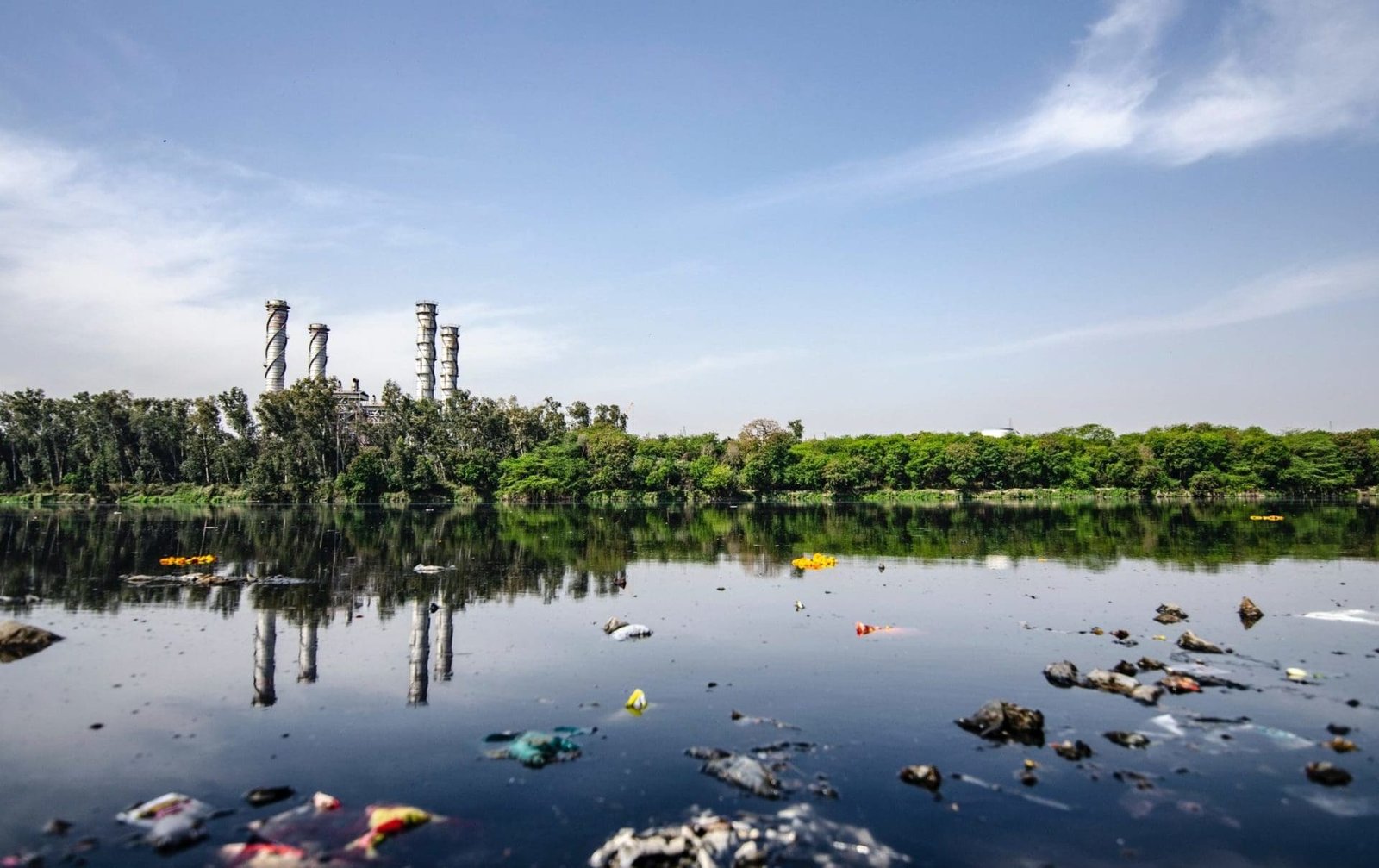Water pollution is one of the most pressing environmental challenges in the modern world, threatening human health, aquatic life, and the environment. As the demand for water resources grows with increasing population and industrial activities, the contamination of water bodies has reached alarming levels. This article explores the causes, effects, and solutions to water pollution, emphasizing the urgent need for collective action.
What is Water Pollution?
Water pollution refers to the contamination of water bodies—such as rivers, lakes, oceans, and groundwater—by harmful substances. These pollutants degrade water quality, making it unsafe for drinking, recreation, and supporting ecosystems. The sources of water pollution can be categorized into two main types:
- Point Sources: These are identifiable sources of pollution, such as industrial discharges and sewage treatment plants.
- Non-Point Sources: These include diffuse pollution from agricultural runoff, urban areas, and other dispersed activities.
Major Causes of Water Pollution
- Industrial Discharge: Factories release pollutants like heavy metals, toxins, and chemicals into nearby water bodies. These substances can alter the chemical composition of water, making it harmful for organisms.
- Agricultural Activities: Excessive use of fertilizers and pesticides often leads to nutrient runoff into water bodies. This contributes to eutrophication, a process that depletes oxygen in the water, harming aquatic life.
- Household Waste: Improper disposal of household waste, detergents, and untreated sewage contaminates water sources. Urban areas, in particular, contribute significantly to this form of pollution.
- Oil Spills: Accidental oil spills in oceans and seas lead to severe marine pollution. Oil coats marine animals and plants, disrupting their ability to survive.
- Plastic Pollution: Single-use plastics and microplastics are major pollutants, choking rivers and oceans and harming aquatic life that mistake them for food.
- Thermal Pollution: Industries and power plants often release heated water into natural water bodies, altering the temperature and disrupting the habitat of aquatic organisms.
Effects of Water Pollution
- Human Health Hazards: Contaminated water carries diseases such as cholera, typhoid, and dysentery. Heavy metals like mercury and lead can cause long-term health issues, including neurological damage and cancer.
- Destruction of Aquatic Ecosystems: Pollutants like oil, plastics, and industrial chemicals harm aquatic organisms, reducing biodiversity and altering food chains.
- Economic Loss: Fisheries and tourism industries suffer when water bodies are polluted. Additionally, treating polluted water for human consumption becomes costly.
- Eutrophication: Excess nutrients from fertilizers lead to algal blooms, which block sunlight and deplete oxygen levels, creating “dead zones” where aquatic life cannot survive.
- Climate Change Impact: Polluted water bodies emit greenhouse gases like methane and carbon dioxide, exacerbating global warming.
Preventive Measures and Solutions
- Government Policies and Regulation: Governments should enforce stricter regulations on industries to control the discharge of hazardous chemicals into water bodies. Policies like the Clean Water Act in the US have shown significant improvements in water quality.
- Sustainable Farming Practices: Encouraging the use of organic farming techniques and reducing chemical inputs can minimize agricultural runoff. Planting buffer strips along water bodies can also help trap pollutants.
- Wastewater Treatment: Proper treatment of sewage and industrial wastewater before its release is crucial. Modern wastewater treatment plants can remove most pollutants, including harmful microorganisms.
- Plastic Waste Management: Reducing the use of plastics, promoting recycling, and cleaning up plastic waste from water bodies can significantly improve water quality.
- Public Awareness Campaigns: Educating people about the consequences of water pollution and encouraging them to adopt sustainable practices, such as proper waste disposal, can make a difference.
- Technological Innovations: New technologies, such as bioremediation (using organisms to remove pollutants) and advanced filtration systems, offer promising solutions to water pollution.
The Role of Individuals in Combating Water Pollution
While governments and industries have a significant role to play, individuals can also contribute to reducing water pollution. Here are some simple yet effective ways:
- Reduce Water Wastage: Conserving water reduces the strain on water treatment facilities.
- Proper Waste Disposal: Avoid dumping waste, especially hazardous chemicals, into drains or water bodies.
- Use Eco-Friendly Products: Opt for biodegradable detergents and cleaning agents.
- Participate in Cleanup Drives: Community efforts to clean up rivers, lakes, and beaches can have a visible impact.
- Advocate for Change: Support organizations and policies aimed at protecting water resources.
Global Efforts to Tackle Water Pollution
Countries around the world are taking initiatives to address water pollution:
- The Ocean Cleanup Project: This initiative focuses on removing plastic waste from oceans using advanced technology.
- UN’s Sustainable Development Goal 6: This goal aims to ensure availability and sustainable management of water and sanitation for all by 2030.
- Blue Flag Certification: Awarded to clean and sustainable beaches, the certification encourages communities to maintain water quality.
Conclusion
Water pollution is a global crisis that demands immediate attention and action. Its far-reaching effects on human health, ecosystems, and economies underscore the need for sustainable practices and stringent regulations. By adopting a collective approach—spanning governments, industries, and individuals—we can protect our water resources for future generations.
Investing in education, technology, and policies to prevent water pollution is not just an environmental necessity but also a moral responsibility. Clean water is a fundamental right and an essential component of life on Earth. Let us act now to preserve this precious resource.
Internal link :- ragdi








